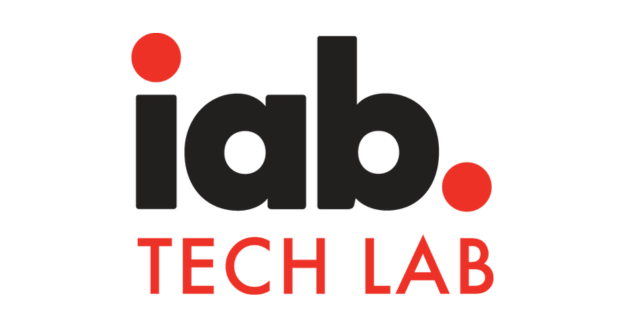
IAB Tech Lab, the global digital advertising technical standards-setting body, announced the release of a proposed standard Protocol Buffers representation of the OpenRTB specification. This standardization of the protobuf format, now available for public comment through October 15, 2025, is designed to streamline how OpenRTB attributes are structured and exchanged across the programmatic supply chain, replacing the individually maintained mappings that many organizations use today.
“We continue to hear from members that technical debt is slowing down innovation in the ecosystem,” said Anthony Katsur, CEO of IAB Tech Lab. “Standardizing protobuf for RTB drives our Containerization Initiative, which is focused on creating a more efficient, scalable, and modular OpenRTB architecture. Protobuf brings speed, efficiency, and consistency to containerized architectures—offering a compact, language-agnostic way for microservices to communicate seamlessly across environments. In a world where containers scale rapidly and services spin up and down constantly, Protobuf ensures data exchange stays fast, reliable, and resource-efficient.”
A protobuf standard introduces a unified structure for how OpenRTB objects are encoded. This not only cuts integration time and maintenance overhead, but also improves speed and sustainability. Initial benchmarks show Protocol Buffers can reduce data parsing time by up to 50 percent compared to JSON.
“Protocol Buffers are already used throughout the programmatic ecosystem, but without a standard to translate between JSON and Proto, some of the value in Protobuf gets lost,” said Hillary Slattery, Senior Director of Programmatic Product Management at IAB Tech Lab. “With this release, we’re removing the guesswork and custom development overhead. We’re inviting the industry to evaluate, test, and help refine it.”
By aligning on a shared Protocol Buffer structure, companies can move faster, reduce integration time, and focus resources on product innovation rather than infrastructure upkeep. A single source of truth for Protocol Buffers will make it easier to adopt these changes consistently across the ecosystem.
“We have long invested in efforts that reduce friction and standardize integrations in programmatic supply chains,” said Trent Underwood, Engineer, Google. “A common Protocol Buffers standard across OpenRTB can help us focus our efforts on performance and innovation.”
“Moving toward industry standards for OpenRTB represents an important step to improved interoperability and reducing technical complexity across programmatic advertising,” said Neal Richter, Director, Amazon DSP. “Efficiency-driven enhancements are helpful for the entire industry to accelerate innovation and improve performance.”
The draft specification was developed by the Programmatic Supply Chain Commit Group within IAB Tech Lab and will be supported with a forthcoming GitHub repository and technical blog post. IAB Tech Lab is now calling on developers, platforms, publishers, and buyers to review the proposed format and provide input to ensure it works across use cases.